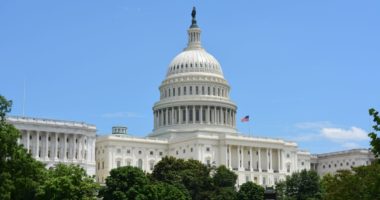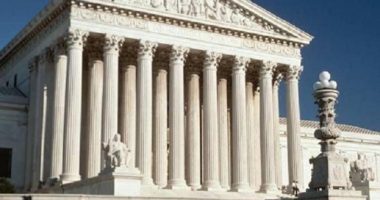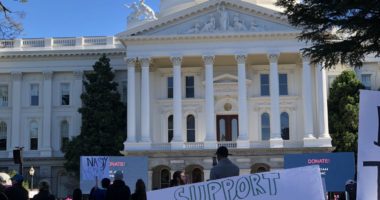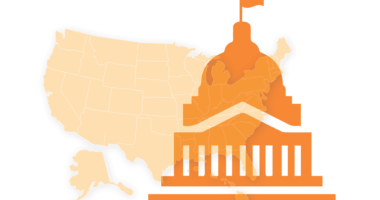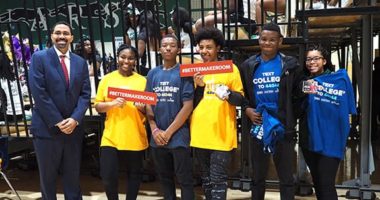“The Education Trust cannot support DeVos’ nomination for U.S. Secretary of Education,” says Kati Haycock to Senate HELP Committee
WASHINGTON (01/23/17) – Today Kati Haycock, CEO of The Education Trust, issued the following statement ahead of the Senate Health, Education, Labor and Pensions Committee vote on Betsy DeVos’ nomination for U.S. Secretary of Education, scheduled for January 31, 2017.
“The most sacred responsibility of the U.S. Secretary of Education is to use the full range of tools at his or her disposal to protect and advance opportunity and achievement for low-income students, students of color, English learners, and students with disabilities. Yet in her confirmation hearing, Secretary-designate Betsy DeVos displayed not just poor preparation for that responsibility, but obvious reluctance to fully embrace it. Instead of honestly acknowledging the fact that state and local decision-makers too often shortchange their most vulnerable students — and that even the strongest among them need federal leverage to root out long-standing inequities — DeVos signaled a clear willingness to defer almost all decision-making to state and local officials.
“If America’s young people are to be fully prepared for the challenges of work and citizenship in the 21st century, the nation needs a comprehensive improvement plan that will tackle longtime disparities in school quality and raise results for all of our young people. But DeVos offered only a single proposal: expanding parental choice. This is a strategy that, as Sen. Susan Collins (R-Maine) and Sen. Lisa Murkowski (R-Alaska) pointed out in the hearing, isn’t a viable option everywhere. And even where it is, the evidence on choice alone is at best mixed. Our students need more than that.
“For those reasons, The Education Trust cannot support DeVos’ nomination for U.S. Secretary of Education.
“Beyond these overarching concerns, the hearing raised additional questions about critical matters for which the Secretary of Education has responsibility. Among them:
- Administering the new Every Student Succeeds Act. The recently passed, bipartisan ESSA is a complex law, with many moving parts. It requires all states to adopt core levers for equity and improvement — rigorous state-selected standards and aligned assessments, robust public reporting, accountability for the results of all groups of students, and equitable access to key resources, such as strong teachers — while granting them wide latitude to implement these policies. Does DeVos — long an advocate for just a single strategy — understand how the pieces of this more comprehensive law work together and the critical but delicate role that the Department of Education plays in administering it? Given her frequently expressed deference to the wisdom of state and local decision-makers, how will she enforce the key equity provisions of ESSA — especially when some recalcitrant state and local leaders have already announced their intent to flout them?
- Expanding College Access and Success. A college degree is the surest path to economic and social mobility. Yet for far too many low-income students and students of color, college costs put that path out of reach. And even those who do attend are often underserved by their institutions, resulting in dismal completion rates. We heard very little about higher education in the hearing. Will DeVos commit to protecting and expanding the Pell Grant program, a critical lifeline for low- and middle-income college students? What tools will she employ to contain college costs? And how will she ensure that all institutions of higher education are accountable for the access and success of underrepresented students?
- Civil Rights Enforcement. The reason the federal government got involved in education in the first place was to advance the needs and protect the rights of the vulnerable students who are too often overlooked and underserved. While DeVos expressed an obviously sincere belief that all students should be able to go to school free from discrimination, here, too, her unwillingness to commit to strong civil rights enforcement and deference to state and local decision-making raises big questions, given the state and local track record on civil rights protections. What role will a DeVos-led Department of Education play in enforcing students’ civil rights?
“These unanswered questions, together with the overarching concerns articulated here, leave us deeply worried about the direction that the Department of Education would take under the leadership of DeVos.
“Should she be confirmed, of course, we will do what advocates for the nation’s most vulnerable children always do: work with and support her wherever we can make common cause, but vigorously oppose any action that would undermine continued progress for the children on whose behalf we work every day.”
###


